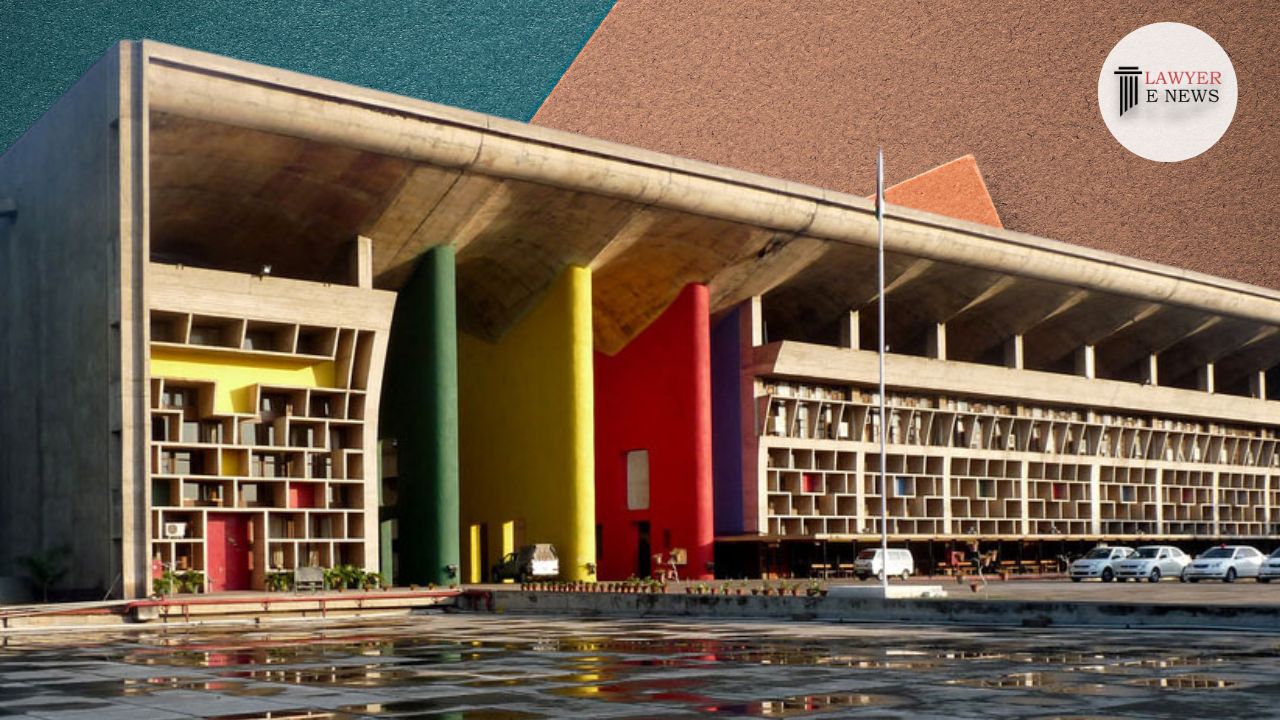-
by Admin
19 February 2026 3:14 PM



The High Court of Punjab and Haryana, in a significant decision today, granted bail to Maninder Singh @ Beendhinda, the petitioner in the case numbered CRM-M-63559-2023. Justice Kuldeep Tiwari, presiding over the case, underscored the fundamental principle of criminal jurisprudence by stating, "Bail is the Rule and Jail is an Exception", drawing from the landmark judgment of the Hon'ble Supreme Court in "State of Rajasthan V. Balchand alias Baliay".
Maninder Singh had sought regular bail in an FIR registered under various sections of the Indian Penal Code, including 307, 323, 324, 506, 148, and 149, at the P.S. City Barnala, District Barnala. The allegations involved Singh and other co-accused in an assault incident.
Justice Tiwari, in his ruling, highlighted the importance of personal liberty and the presumption of innocence as enshrined in Article 21 of the Constitution of India. Reflecting on the legal principles governing bail, the court cited "Nikesh Tarachand Shah V. Union of India", (2018) 11 SCC 1, to emphasize the judicial discretion in bail matters.
Singh, who has already faced incarceration for 10 months and 3 days, was granted bail considering the nature of the allegations against him and the fact that other co-accused, accused of inflicting more serious injuries, had been granted bail in related cases.
The court's decision to grant bail was also influenced by the need to strike a balance between the individual’s right to liberty and the societal interest, as noted in Siddharam Satlingappa Mhetre v. State of Maharashtra.
However, Justice Tiwari cautioned that if Singh is found indulging in similar offences in the future, the State has the liberty to apply for the cancellation of the bail granted. This ruling, while specific to this case, sets a precedent in the application of bail laws, highlighting the judiciary's commitment to upholding individual rights while ensuring societal safety.
Date of Decision: January 08, 2024
MANINDER SINGH @ BEENDHINDA VS STATE OF PUNJAB
